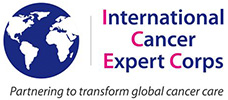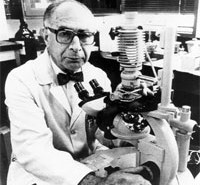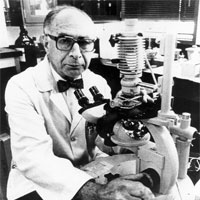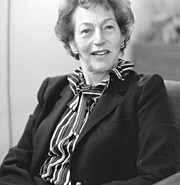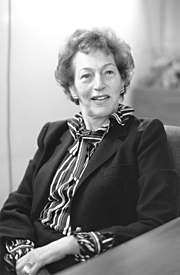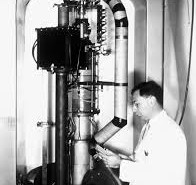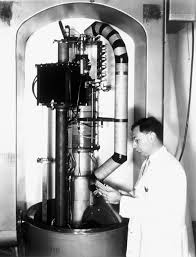Henry S. and Leah Kaplan Human Rights and Service to Humanity Fund and Award
Henry S. and Leah Kaplan Human Rights and Service to Humanity Fund
The Kaplans and their extended family have made and continue to make substantial contributions and commitment to improving the health and well-being of others and of society as a whole. While Dr. Henry S. Kaplan’s pioneering work in the cure of Hodgkin’s disease and in cancer biology at Stanford and as the co-developer of the medical linear accelerator and standards for its use for cancer treatment are well known, both he and his wife, Leah Kaplan, as the Dean of Women and Ombudsperson at Stanford and a social worker, counselor and psychotherapist, served as extraordinarily effective mentors and role models for service to humanity and human rights.
ICEC has established two tracks to acknowledge individuals who exemplify the spirit of Henry and Leah Kaplan in their work. The Henry S. and Leah Kaplan Human Rights and Service to Humanity Fund will provide peer-reviewed support for mentorship and leadership activities for the ICEC. This will include individual peer-reviewed grants to partially support mentorship and group peer-reviewed grants for specific ICEC-affiliated projects that emphasize the human rights aspect of global health.
Henry S. and Leah Kaplan Human Rights and Service to Humanity Award
An occasional separate and distinct award, the Henry S. and Leah Kaplan Human Rights and Service to Humanity Award, will serve as an instrument of good to highlight the efforts of select extraordinary individuals whose work has had a truly significant impact on global health.
Further information on the ICEC model is on the ICEC website and in Science Translational Medicine.

